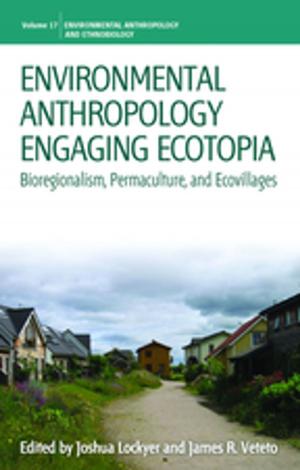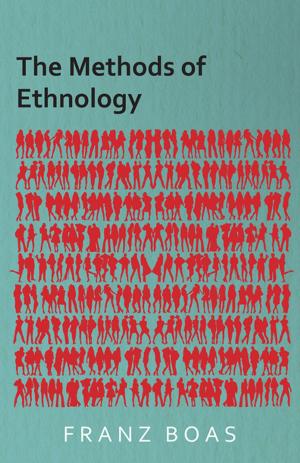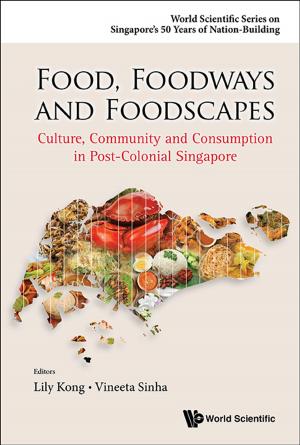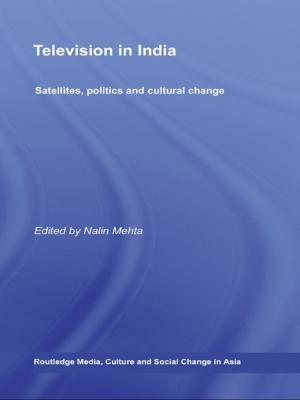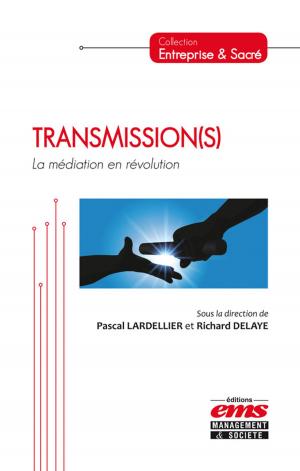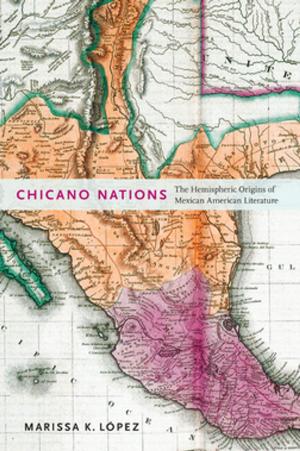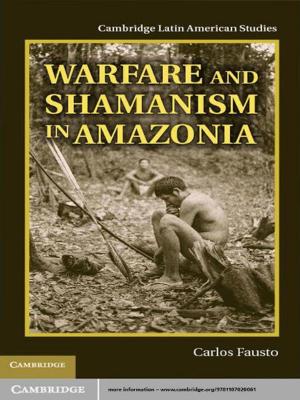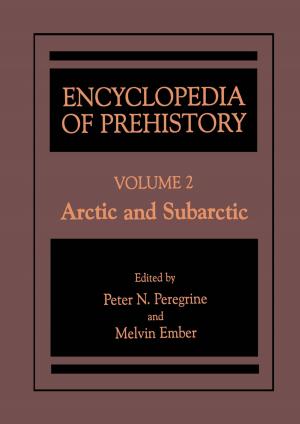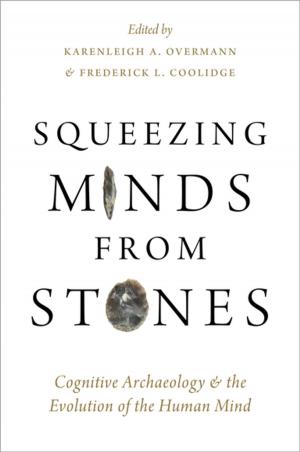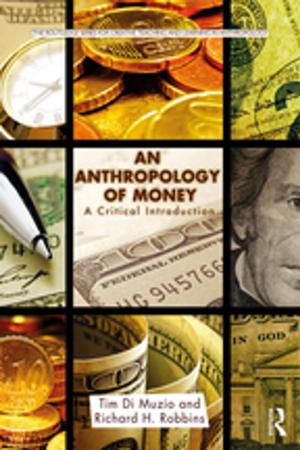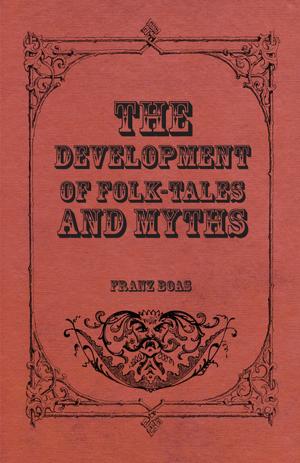When Culture Becomes Politics
European Identity in Perspective
Nonfiction, Social & Cultural Studies, Political Science, International, International Relations, Social Science, Anthropology| Author: | Thomas Pedersen | ISBN: | 9788771247657 |
| Publisher: | Aarhus University Press | Publication: | June 1, 2008 |
| Imprint: | Aarhus University Press | Language: | English |
| Author: | Thomas Pedersen |
| ISBN: | 9788771247657 |
| Publisher: | Aarhus University Press |
| Publication: | June 1, 2008 |
| Imprint: | Aarhus University Press |
| Language: | English |
Taking the problem of European identity as his point of departure Thomas Pedersen's book offers a new theoretical perspective upon culture, identity and nationality. His main argument is that politics are more culturalized than we assume, and that culture is more personalized than we recognize. Nationality is becoming more personalized and hybrid and is acquiring an aesthetic dimension as a side-effect of the democratization of art. Citizens in the Western world and beyond are becoming symbol producers and culture producers, and far from simply taking their cue from custom, contemporary citizens therefore increasingly take an active part in the creation of national and supranational identities. This insight leads the author to develop a new individual understanding of politics summarized in the concept of integrism and to advocate a politics of liberal culturalism and integrist cosmopolitanism as an alternative to both post-modernism and Samuel Huntington's holistic, religious culturalism.
Taking the problem of European identity as his point of departure Thomas Pedersen's book offers a new theoretical perspective upon culture, identity and nationality. His main argument is that politics are more culturalized than we assume, and that culture is more personalized than we recognize. Nationality is becoming more personalized and hybrid and is acquiring an aesthetic dimension as a side-effect of the democratization of art. Citizens in the Western world and beyond are becoming symbol producers and culture producers, and far from simply taking their cue from custom, contemporary citizens therefore increasingly take an active part in the creation of national and supranational identities. This insight leads the author to develop a new individual understanding of politics summarized in the concept of integrism and to advocate a politics of liberal culturalism and integrist cosmopolitanism as an alternative to both post-modernism and Samuel Huntington's holistic, religious culturalism.



